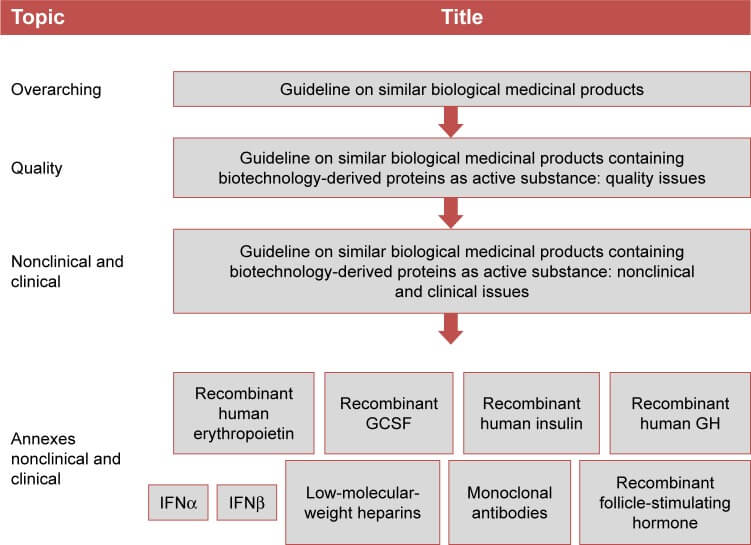Biosimilar insulin products are poised to revolutionize diabetes care by offering safe, effective, and affordable alternatives to traditional insulin therapies. These products have been available in many countries and are expected to become more widely available in the United States in the near future. This article will explore the current state of biosimilar insulin products, their benefits, and the challenges associated with their adoption.
The History of Insulin
Insulin was first discovered by Frederick Grant Banting and Charles Herbert Best in 1921. The first patient with diabetes was treated with insulin in 1922, and the product was patented in 1923. Despite its discovery, no generic version of insulin was marketed until 2015, with the approval of Basaglar, a biosimilar insulin glargine product manufactured by Eli Lilly and Company.
What Are Biosimilar Insulins?
Biosimilar insulins are highly similar versions of original insulin products, with no clinically meaningful differences in terms of purity, potency, and safety. They are approved through a rigorous FDA pathway that includes analytical studies, clinical pharmacology studies, and switching studies to ensure their safety and efficacy.
Benefits of Biosimilar Insulins
Biosimilar insulins offer several benefits, including:
- Cost savings: Biosimilar insulins are significantly cheaper than their brand-name counterparts, making them more accessible to people with diabetes, especially those with lower incomes or high-deductible health plans.
- Improved access: The availability of biosimilar insulins can increase access to insulin therapy for people who previously could not afford it, leading to better glycemic control and improved health outcomes.
- Increased competition: The entrance of biosimilar insulins into the market can lead to a “price war,” driving down the cost of insulin therapy and making it more affordable for patients.
Challenges and Concerns
Despite the benefits of biosimilar insulins, there are several challenges and concerns associated with their adoption:
- Naming and labeling: The naming and labeling of biosimilar insulins can be confusing, leading to potential errors in prescribing and dispensing.
- Substitution and interchangeability: The substitution of biosimilar insulins for their brand-name counterparts can be complex, and health care providers must be aware of the differences between products.
- Pharmacovigilance: The proper implementation of pharmacovigilance is crucial to ensure the safety of biosimilar insulins and to monitor for any adverse events.
The Future of Biosimilar Insulins
The future of biosimilar insulins looks promising, with several products already approved and more in development. The FDA has established a clear pathway for the approval of biosimilar insulins, and health care providers are becoming more aware of their benefits and challenges.
“Biosimilar insulins are a big leap forward. Some benefits include a safe option as effective as other insulins at a lower price.” – Endocrine Society
In conclusion, biosimilar insulin products are poised to revolutionize diabetes care by offering safe, effective, and affordable alternatives to traditional insulin therapies. While there are challenges associated with their adoption, the benefits of biosimilar insulins make them an attractive option for people with diabetes and health care providers alike.
References
- Diabetes Spectrum. (2016). The Future of Biosimilar Insulins. Diabetes Spectrum, 29(3), 161–165. doi: 10.2337/ds16-0013
- Journal of Managed Care & Specialty Pharmacy. (2021). The Impact of Biosimilar Insulins on the Diabetes Landscape. Journal of Managed Care & Specialty Pharmacy, 27(12), 1450–1456. doi: 10.18553/jmcp.2021.21253
- Endocrine Society. (2022). Biosimilar Insulin Treatment: What the Science Says. Hormone Headlines Blog. Retrieved from https://www.endocrine.org/patient-engagement/hormone-headlines-blog/biosimilar-insulin-treatment
- Diabetes Care. (2022). Breaking Barriers With Basal Insulin Biosimilars in Type 2 Diabetes. Diabetes Care, 41(2), 154–162. doi: 10.2337/dc21-1474
- National Center for Biotechnology Information. (2016). The Future of Biosimilar Insulins. National Center for Biotechnology Information. Retrieved from https://www.ncbi.nlm.nih.gov/pmc/articles/PMC5001215/

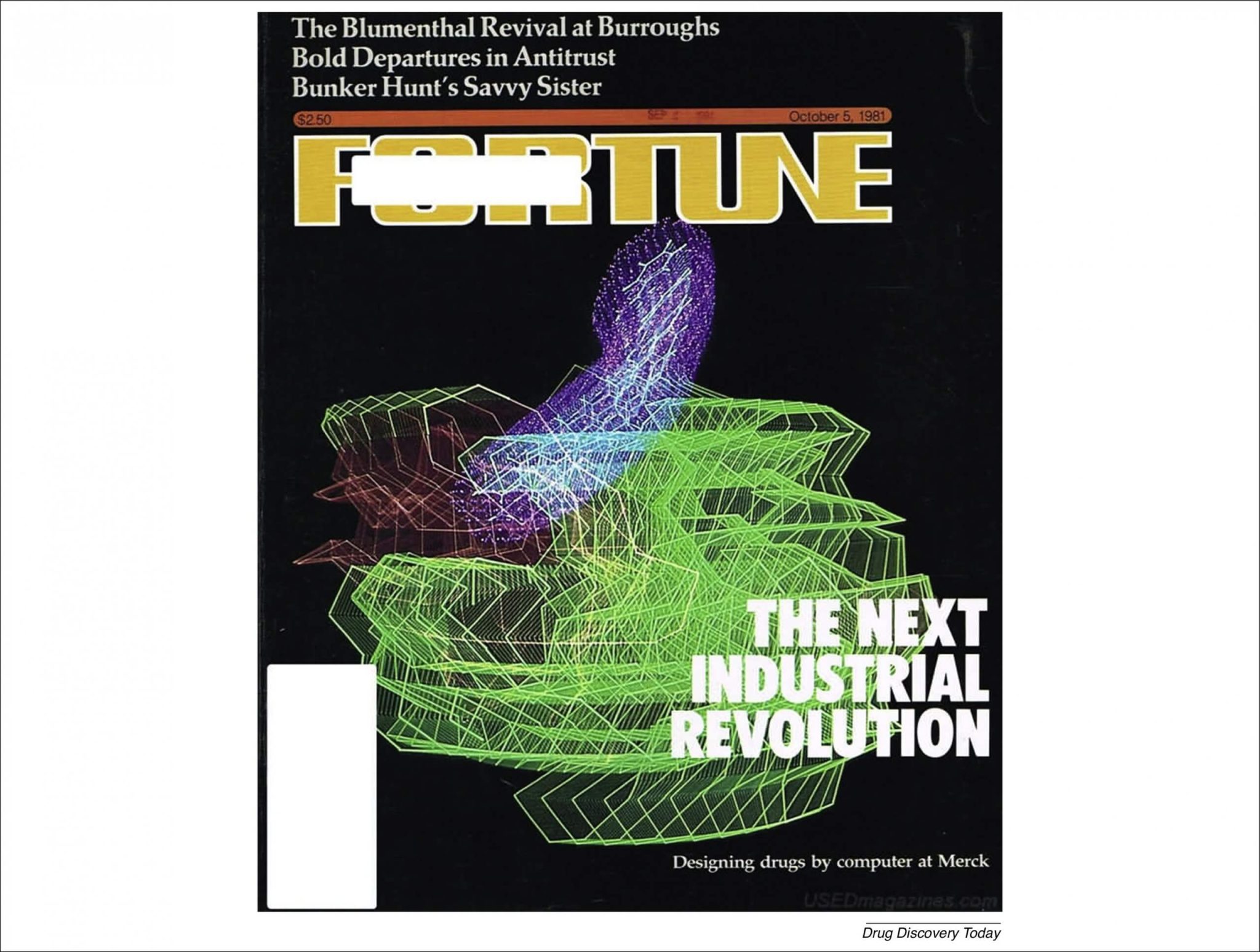

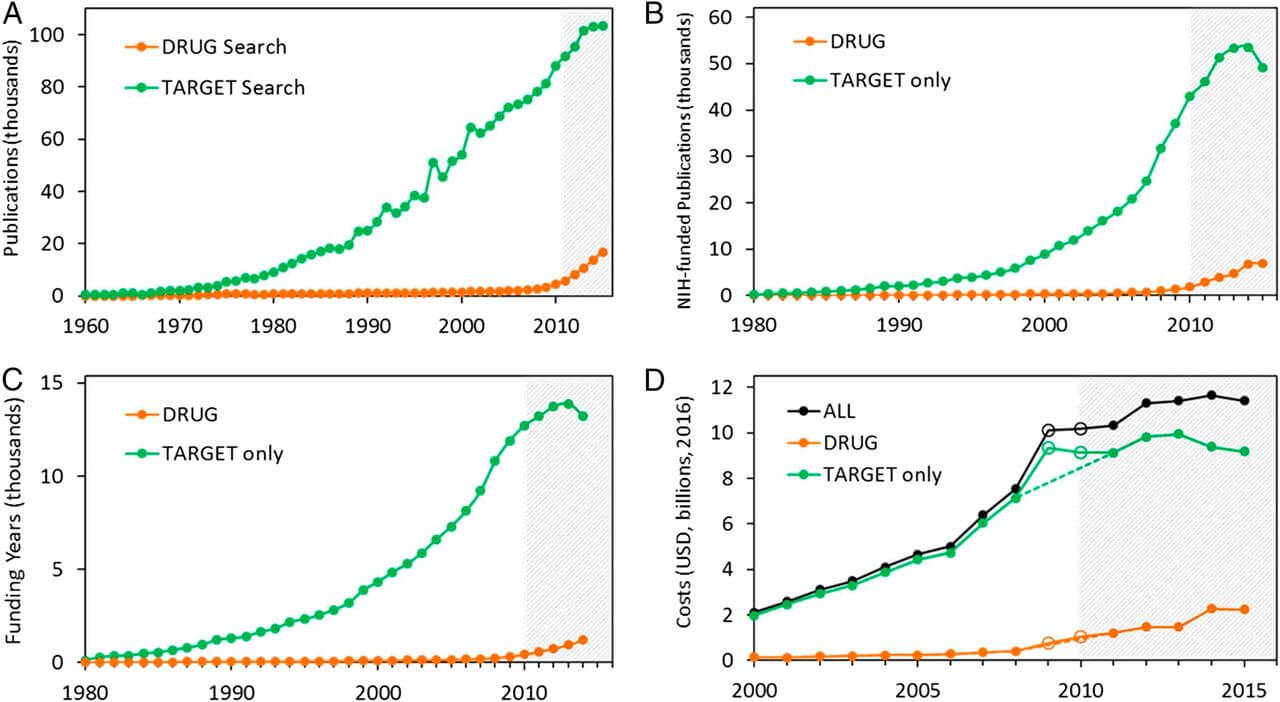

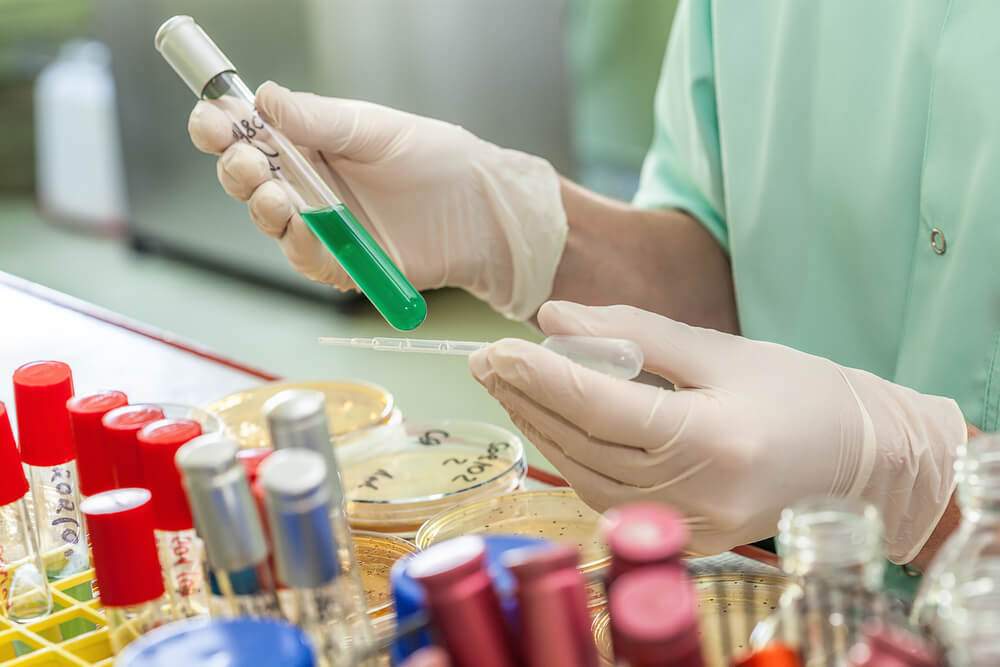

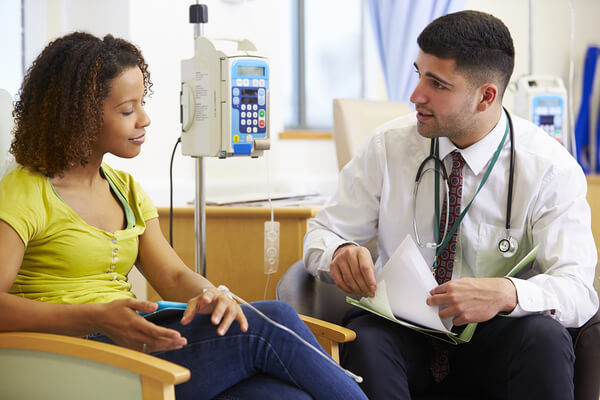



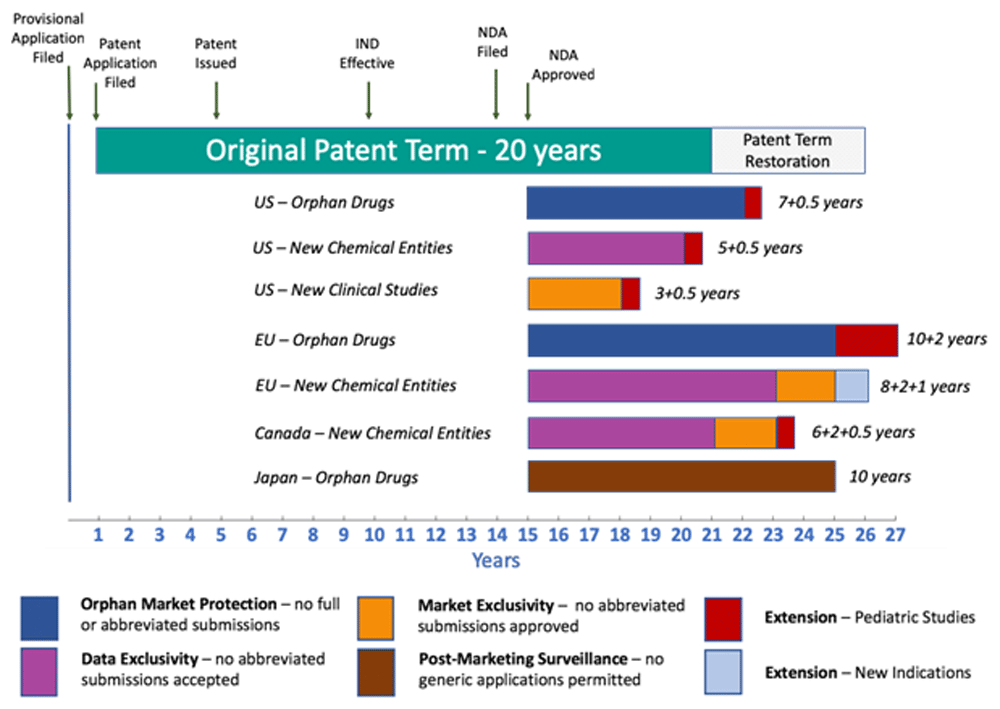
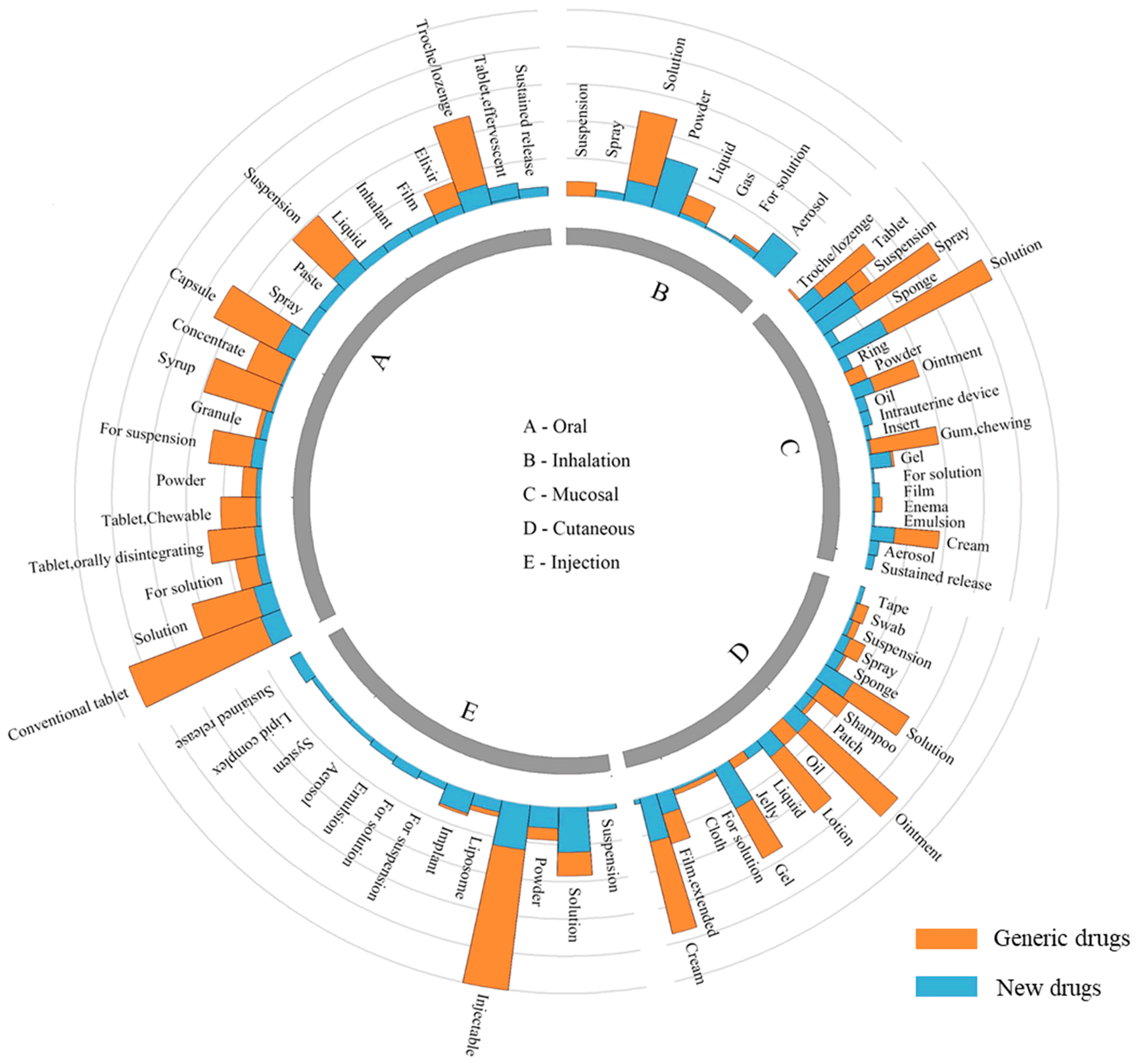




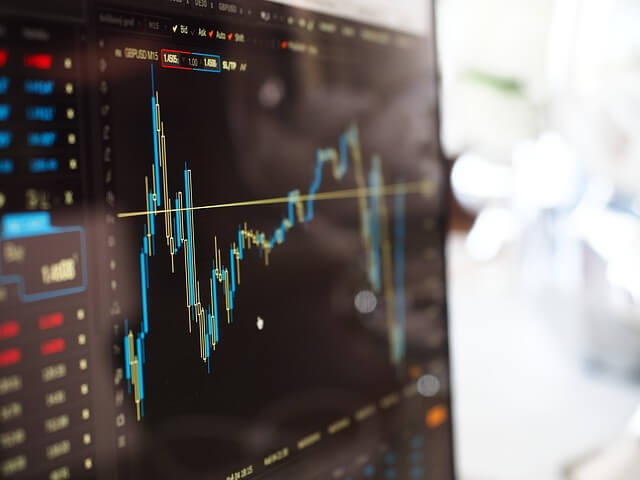
![Is Patent “Evergreening” Restricting Access to Medicine/Device Combination Products? Fig 2. Sales for 8 medication-device combination products in 100-top sellers in the US from 2011–2013 [22]](https://www.drugpatentwatch.com/blog/wp-content/uploads/2019/03/Fig-2.-Sales-for-8-medication-device-combination-products-in-100-top-sellers-in-the-US-from-2011–2013-22.png)
